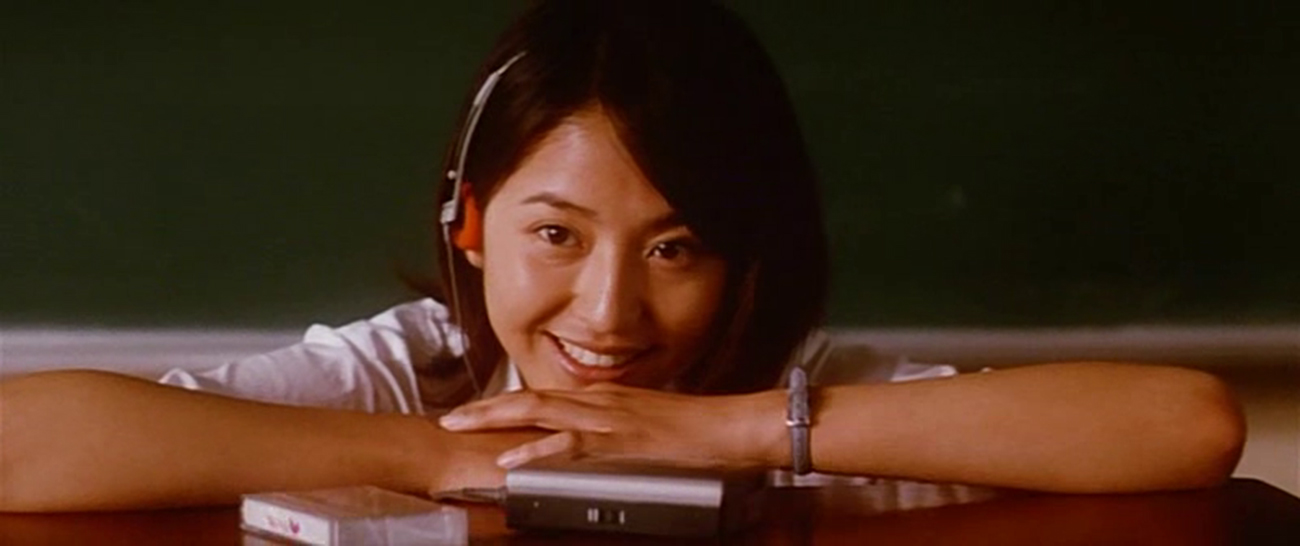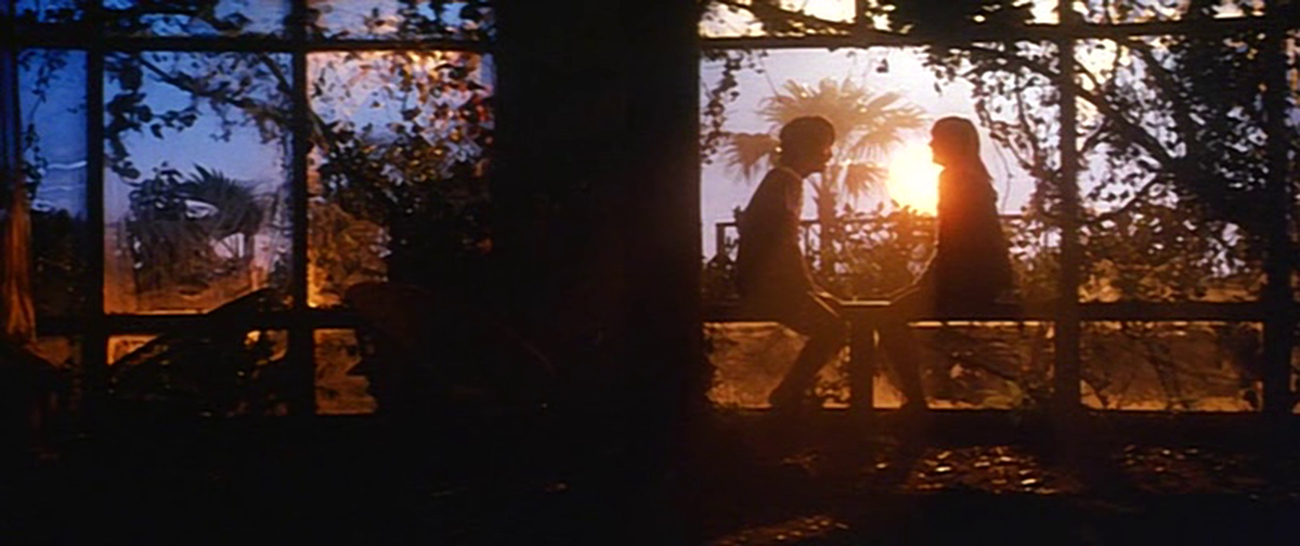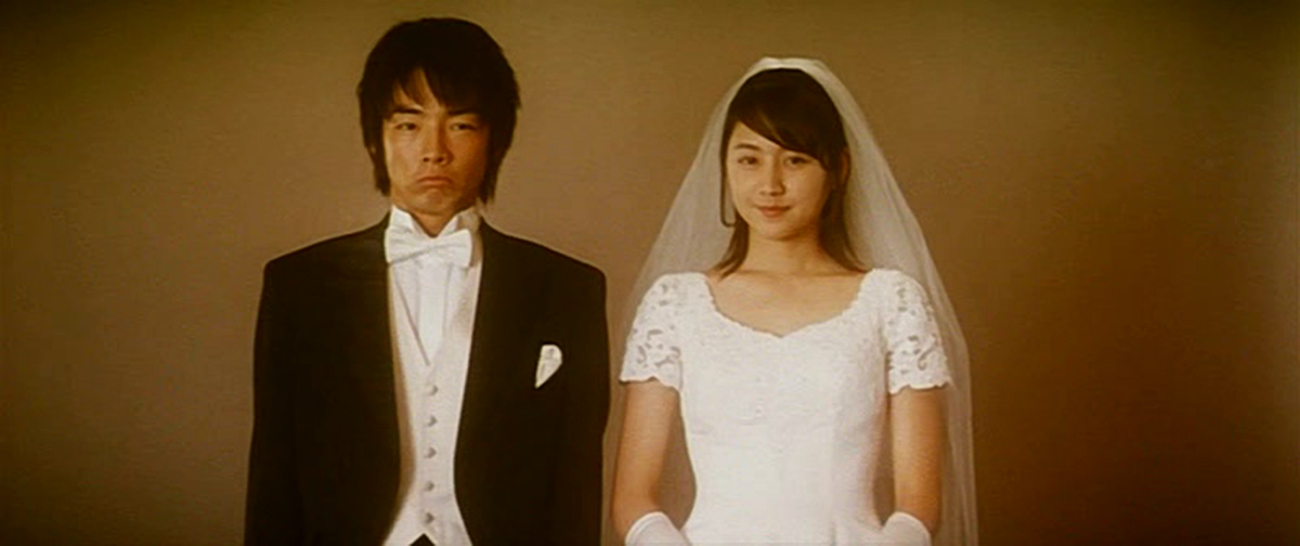Romantic melodramas like the lengthy titled 2004 Japanese feature, Crying out Love in the Center of the World, are almost a dime a dozen in Asian countries and it certainly takes a considerable amount of effort for a film or drama series of that genre to stand out of the crowd. From drama series’ like Japan’s aptly titled 1 Litre of Tears to feature films like South Korea’s Christmas in August or My Sassy Girl, it’s clear that Asian countries have perfected the formula for quality melodramatic storytelling.
Crying Out Love in the Center of the World is no exception to this rule and if there were ever to be a ranking of some of the best romantic tearjerkers to have emerged from Japan, you can bet this would be a perfectly suited contender. It was a huge success in Japan at the time of its release and subsequently inspired other films and television shows to imitate its formula. It even received a South Korean remake in the form of 2005’s My Girl and I.

Based on a melodramatic novel, the film revolves around the romance of two teenagers: Saku (Mirai Moriyama) and Aki (Masami Nagasawa). Their romance takes place in 1986 but in present day Japan, an adult Saku (Takao Osawa) reminisces on his youthful days with Aki when he is forced to return to his childhood hometown after discovering that his fiancé Ritsuko (Kou Shibasaki) has fled there. Listening to old audio diaries recorded on cassette tapes that Aki shared with him, Saku revisits significant places that he and Aki shared, unable to shake the ghost of Aki from his memory.
Crying Out Love in the Center of the World is directed by Isao Yukisada (his intriguing 2001 romantic coming-of-age drama, GO, I recently saw for the first time) who’s approach towards the film is quite methodical. One of the key things to understand about melodramas done in Asia is that the filmmakers who are experts at this type of film are smart with the time they’re given to tell the story.
Building a romance that’s believable and one that demands an audience to invest their emotions towards it is a difficult job and the success of the film hinges on that fact. Crying Out Love in the Center of the World manages to construct an emotionally restrained romance between Saku and Aki, in spite of the last several moments of the film where it admittedly overstays its welcome.

The film’s drawn-out pacing however does work wonders and acts like a perfect translation of a television series adapted into a film – one that would presumably dispense with a lot of material that would otherwise have been arbitrary over a two hour feature. Combined with the film’s affectionate and warm cinematography and it’s well acted ensemble, Yukisada fashions a romantic drama that’s well-wrought and effective.
Compare this to recent romantic dramas in America like The Fault In Our Stars and you’ll likely find a film like Crying Out Love in the Center of the World to be a far superior take on the genre in almost every aspect of filmmaking. Though to be fair, one is told from the perspectives of teenagers while the other unfolds through the memories of someone who’s older and wiser (which is a subtlety that I feel greatly informs the film and gives it a distinctive voice).

While there are few gripes to be had about the film, it must be noted that the character actress Kou Shibasaki portrays is, for the sake of the film, not heavily included. One the one hand, it’s good that the film doesn’t focus too much on a subplot involving her as I feel it mightn’t have supported the main plot well enough. On the other hand, her character (who, as far as I know, was added into the film and never existed in the original text) remains an outlier and only exists to advance the larger story at hand. One can argue that the character of Ritsuko is an important player in the film but what she brings on a thematic or narrative level doesn’t quite convince me that she’s a necessary inclusion at all.
Nevertheless, Crying Out Love in the Center of the World is a worthwhile romance with incredible reach. Beautifully drawn out and told with confidence, I have no doubts that it will tug away at the heartstrings of those who are easily susceptible to its whims.
